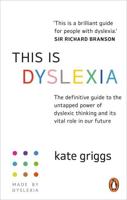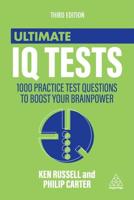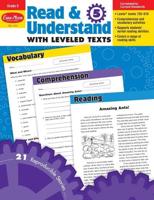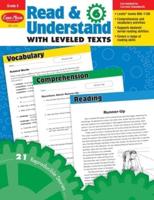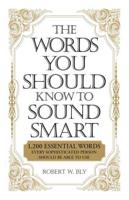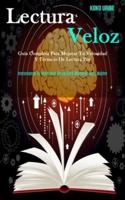Publisher's Synopsis
Reading depends on rapid, smooth decoding. It's what allows a good reader to look at words and instantly recognize what they are "saying" (that is, decode them into real words). Unfortunately, for many children, this does not happen. Instead, reading is an onerous chore where they have to repeatedly stop to spend time and effort sounding out a slew of words. How could they have "forgotten" so quickly? The answer is that they did not really "forget." What happened is that they never really processed the word they had sounded out and so no memory of it was laid down. Hence when the word is seen again, it is as if it were a "first" exposure. Fortunately there is a solution which may be a bit unexpected-since it rests not in reading but in writing. Reading often can be achieved without "exactness." For example, if you show a young child a long word starting with el and ending with ant, the chances are that he or she will say ("correctly") that it is the word elephant. The cues are sufficient to make this "guess." Writing, or at least accurate writing, is not possible if this kind of rough approximation is used. For a word to be written accurately, each and every letter must be noted and placed in the correct sequence. That's why writing holds the key to both successful reading and writing. Memory Master, developed based on decades of research, guides students to rapidly develop the essential memory skills that lead to effortless reading and writing.



